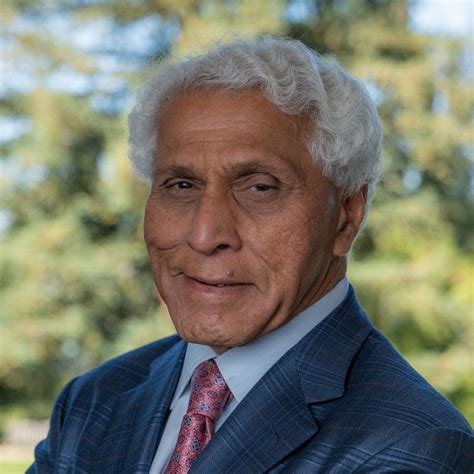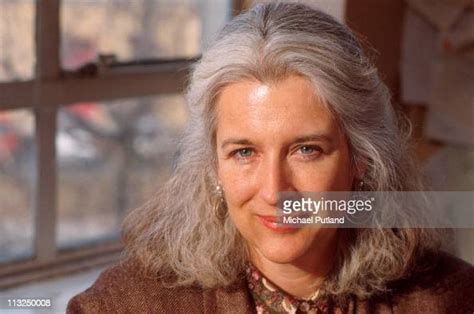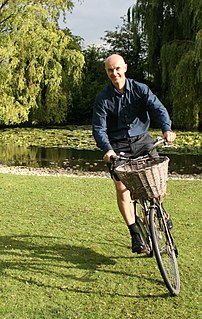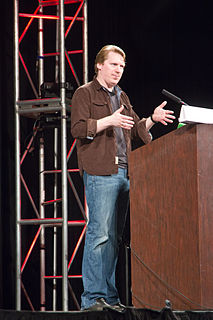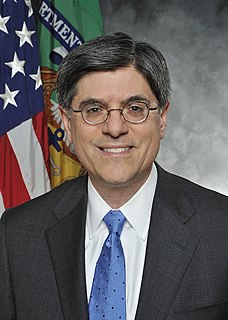A Quote by Joe Kaeser
Often, sustainability is discussed only in the context of energy. Energy sustainability is essential - but the word has a much broader meaning. It means long-term thinking about how we manage our businesses, invest in social spending, and plan for the future. This requires vision and leadership, and it requires citizen engagement.
Related Quotes
Sustainability is not just about adopting the latest energy-efficient technologies or turning to renewable sources of power. Sustainability is the responsibility of every individual every day. It is about changing our behaviour and mindset to reduce power and water consumption, thereby helping to control emissions and pollution levels.
Positive deviance means doing the right thing for sustainability, despite being surrounded by the wrong institutional structures, the wrong processes and stubbornly uncooperative people. That is what sustainability-literate leadership means today. Surrounded by evidence of rampant unsustainability it is not possible to say 'I did not know'
People of conscience in our leadership in Washington have been scared off by the right and the fossil fuel lobbies. They won't even use the term "sustainability" or "climate change" in an energy bill, which is ludicrous on its face. It completely ignores the elephant in the room that we're all dealing with. The average American doesn't even believe climate change is real, they think it's all a hoax.
We cannot win the future, expand the economy and spur job creation if we are saddled with increasingly growing deficits. That is why the president's budget is a comprehensive and responsible plan that will put us on a path toward fiscal sustainability in the next few years - a down payment toward tackling our challenges in the long term.
Communication requires cultural context, and technology facilitates our ability to cross-reference ideas over time. Charles Moore were saying: Enough with the sterile, context-less architecture. Enough with the functional-minded frame of operation. How about a little mess? How about a little, let's say, syntax? A little quotation using history? How about some other meanings or symbols? I think that's the only logical reaction when you have to thoughtfully manage the communication of a lot of information.
The idea of sustainability can imply there is one perfect, unchanging future, if only we could work out how to get there. Resilience might be more useful, in that it assumes a dynamic environment and that perfection is impossible. You need to design systems to accommodate failure rather than eliminate it. By trying to be perfect, many visions of sustainability are quite brittle



